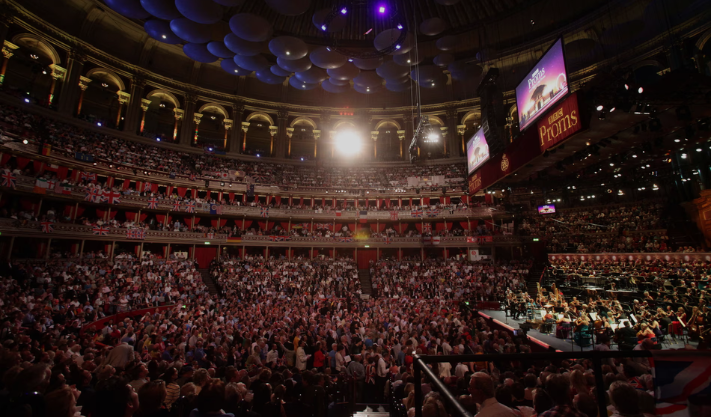How will alcohol tax changes affect drink prices?
Taxes on alcohol in the UK are changing from Saturday. The tax on draught pints will go down, but it will go up for stronger drinks and also increase with inflation. Will we notice the difference?
What’s changing?
Alcohol tax (also called duty) is going up to match inflation. However, tax on draught pints will be lower, and the way wine is taxed will also change. Some drinks may become cheaper, while others might cost more.
What is alcohol duty?
Alcohol duty is a tax on alcoholic drinks based on their strength. This is measured by alcohol by volume (ABV), which is the percentage of pure alcohol in a drink.
Since August 2023, alcohol duty applies to drinks with more than 1.2% ABV. The stronger the drink, the higher the tax, with extra charges for every 0.1% increase in strength. This system aims to improve public health by discouraging cheap, high-strength alcohol.
The tax is usually paid by drink makers or when drinks are brought into the country. The cost is then added to the price consumers pay.
What is changing this weekend?
From February 1, the tax on draught drinks (sold in pubs and bars) with less than 8.5% alcohol will go down by 1.7%. This means a pint of average-strength beer will cost about 1p less.
The government, led by Chancellor Rachel Reeves, hopes this change will help struggling pubs since these drinks make up over 60% of pub sales.
At the same time, the tax on bottled and canned alcohol will go up by 3.6%, following inflation.
Also, a temporary 18-month rule for wine tax is ending. Before, all wines between 11.5% and 14.5% alcohol were taxed at a flat rate of £2.67. Now, the tax will be based on alcohol strength, with 30 different tax levels instead of one.
Wines with less than 11.5% or more than 14.5% alcohol were already taxed this way. Now, all wines will be taxed according to alcohol content, with the tax increasing by 2p per bottle for every 0.1% rise in alcohol level.
What prices are going up?
About 43% of wines will become more expensive due to the tax changes, according to the Wine and Spirits Trade Association. The tax on a 14.5% alcohol bottle of wine will go up by 54p.
Red wines, which usually have more alcohol, will be affected the most. The industry expects prices on 75% of red wines to rise.
The rise in wine duty might not seem like a big change, but it will cost consumers millions over the next year, says Sarah Coles, head of personal finance at Hargreaves Lansdown.
“If you have a 250ml glass of wine at 13%, you’ll pay 8p more. Four pence of this is because of the RPI rise in duty, and 4p is due to the rule change.”
“Eight pence might not seem like much, but these changes are expected to cost us an extra £10 million in the next tax year.”
The duty increases, linked to inflation, will make a 250ml glass of 11% ABV wine cost 3p more. Prices for spirits will also rise, with a bottle of gin going up by 32p and a shot of 40% whisky rising by 1p. While there is a tax cut for draught pints, bottled beer and cider are not included. A 500ml bottle of 5% ABV cider will cost 1p more.
What will get cheaper?
The Treasury says its tax change on draught drinks will lower the hospitality industry’s total duty bill by £85 million. Pub-goers may save a little on pints, but it’s likely that pubs won’t pass on the savings, so customers might not notice a difference.
What do people think about the changes?
Some groups praised the changes, saying they encourage people to drink lower-strength alcohol and support pubs. However, wine sellers warned customers that prices could go up and their options may be limited.
Michael Kill, CEO of the Night Time Industries Association, said the changes are “meaningless” for businesses already struggling with rising costs and taxes, and they don’t do enough to help the UK hospitality sector.
Published: 1st February 2025
Also Read:
AI Safety Report: Impact on jobs, climate, cyberwar, & more
Partner orgasms too soon, then loses interest in intimacy
Fitness Trends 2025: Shaping UK’s Health & Wellness Scene























